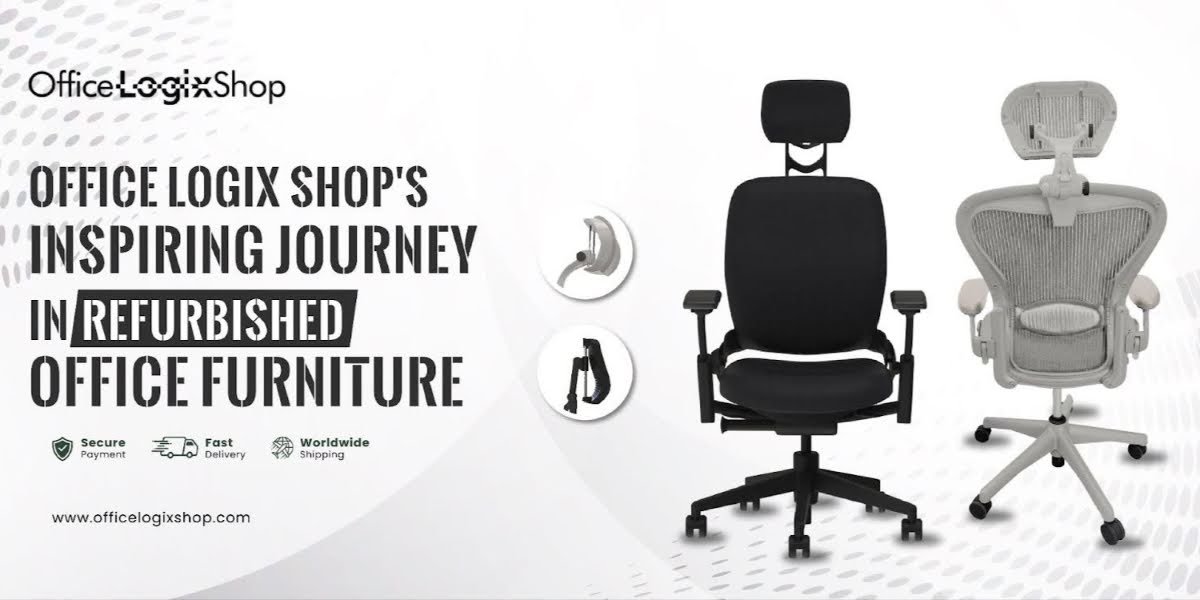What Are the Latest Green Technology Innovations?
Green technology is rapidly evolving, bringing us exciting innovations that are making a big difference in our efforts to live more sustainably. From renewable energy sources to smart systems for managing resources, these advancements are changing the way we think about and interact with our environment. One of the most promising areas is the development of solar energy technologies. New materials and designs are making solar panels more efficient and affordable than ever before, which means more people can use this clean energy source in their homes and businesses. In addition to improvements in solar power, wind energy is also seeing significant advancements. Modern wind turbines are more efficient and can generate more power, even in areas with lower wind speeds. These developments in renewable energy are crucial for reducing our reliance on fossil fuels and cutting down on greenhouse gas emissions.
Another fascinating area of green technology is in the realm of energy storage. Battery technology is crucial for storing energy generated by renewable sources, and recent innovations are making batteries more powerful, longer-lasting, and cheaper. This makes it easier for people and businesses to store the energy they generate and use it when they need it. In particular, the development of solid-state batteries promises to revolutionize energy storage with their higher energy density and safety compared to traditional lithium-ion batteries. These advancements are not just limited to large-scale applications; they also benefit smaller devices like smartphones and laptops, making them more efficient and eco-friendly.
How Is Green Technology Impacting Our Daily Lives?
The impact of green technology on our daily lives is becoming more evident with each passing year. Smart home systems are a great example of how eco-friendly technology is being integrated into our everyday routines. These systems use sensors and automation to optimize energy use in our homes, from controlling heating and cooling systems to managing lighting and appliances. This not only helps reduce energy consumption but also lowers utility bills, making it a win-win for both the environment and our wallets. Additionally, electric vehicles (EVs) are gaining popularity as a green alternative to traditional gasoline-powered cars. Advances in battery technology and increasing availability of charging stations are making EVs more practical and affordable for everyday use. By reducing emissions from transportation, electric vehicles play a significant role in our efforts to combat climate change.
In the agricultural sector, green technology is helping farmers adopt more sustainable practices. Precision farming techniques use data and technology to optimize crop yields while minimizing the use of water, fertilizers, and pesticides. This not only boosts productivity but also reduces the environmental impact of farming. Innovations like vertical farming and hydroponics are also emerging as sustainable solutions for growing food in urban areas, reducing the need for transportation and ensuring fresher produce for consumers. Furthermore, waste management is another area where green technology is making a significant impact. New recycling technologies are improving the efficiency of sorting and processing recyclable materials, making it easier to recycle and reduce waste. Innovations in composting and waste-to-energy systems are also helping to divert organic waste from landfills, turning it into valuable resources like compost and biogas.
What Does the Future Hold for Green Technology?
The future of green technology looks incredibly promising, with ongoing research and development paving the way for even more innovative solutions to environmental challenges. One exciting area of development is in the field of clean energy generation. Researchers are exploring new ways to harness energy from natural sources, such as tidal and geothermal energy. These sources have the potential to provide a constant and reliable supply of clean energy, complementing solar and wind power. In addition, advancements in energy efficiency are expected to play a crucial role in reducing our overall energy consumption. New materials and designs for buildings, appliances, and industrial processes are being developed to maximize energy efficiency and minimize waste. For example, next-generation insulation materials and energy-efficient windows can significantly reduce the energy needed for heating and cooling buildings.
Another key area of future development is in the circular economy, which aims to create a closed-loop system where resources are reused and recycled as much as possible. This approach reduces the need for new raw materials and minimizes waste, making it a more sustainable way of managing resources. Innovations in product design, manufacturing processes, and recycling technologies are all contributing to the growth of the circular economy. Furthermore, advancements in green technology are expected to have a positive impact on public health. Cleaner air and water, reduced exposure to harmful chemicals, and more sustainable food production methods all contribute to a healthier environment and, consequently, healthier communities.
In conclusion, green technology innovations are driving significant changes in how we approach sustainability. From renewable energy and energy storage to smart home systems and sustainable agriculture, these advancements are making it easier for us to live in harmony with our environment. As research and development continue to push the boundaries of what’s possible, the future looks bright for green technology and its potential to create a more sustainable world.











